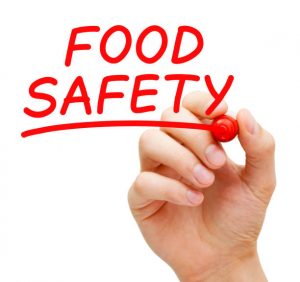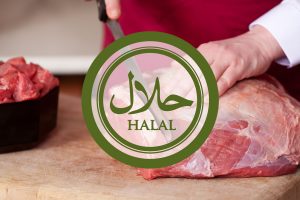
Food certification acts as a dependable mechanism, verifying compliance with established standards and regulations to mitigate the risks of contamination, foodborne illnesses, and other health hazards.
According to a research report “Food Certification Market by Type (ISO 22000, BRC, SQF, IFS, Halal, Kosher, Free-From Certifications), Application (Meat, Poultry, and Seafood, Dairy, Infant Food, Beverages, Bakery & Confectionery), Risk Category and Region – Global Forecast to 2028″ published by MarketsandMarkets, the global market for food certification was valued at USD 5.6 billion in 2023 and is projected to reach USD 7.4 billion by 2028, at a CAGR of 5.7% during the forecast period.
Download PDF brochure: www.marketsandmarkets.com/pdfdown…d=82063283
Meat, poultry, and seafood products are widely traded internationally. Importing countries often have specific requirements for food safety and quality, and certifications play a critical role in meeting these requirements.
Certifications like those recognized by GFSI provide a globally accepted framework, facilitating market access and trade. Certifications related to quality management systems, such as ISO 9001 or GMP, ensure that businesses follow standardized processes to deliver consistent quality products to consumers.
ISO 22000 in by type segment accounted for the largest share of the food certification in 2023 in terms of value.
ISO 22000 is internationally recognized and accepted as a benchmark for food safety management systems. Its global recognition makes it an attractive certification for businesses operating in the international market.
ISO 22000 certification facilitates market access by assuring customers and stakeholders that a business’s food safety practices meet internationally recognized standards. By implementing the standard’s requirements, companies identify and control hazards, prevent contamination, and establish effective control measures.
The certification demonstrates a commitment to risk management and instills confidence in customers and stakeholders, reducing the risk of foodborne illnesses, product recalls, and reputational damage.
The High-risk category in the by risk category segment is estimated to grow at the highest in the food certification market.
High-risk foods, such as ready-to-eat foods, raw or undercooked meats, seafood, and dairy products, pose significant health risks if not handled and processed properly. The primary driver for high-risk food certification is the imperative to protect public health and prevent foodborne illnesses caused by pathogens like Salmonella, E. coli, Listeria, or Campylobacter. Certifications help businesses implement strict controls to minimize the risk of contamination and ensure food safety.
Food certifications build consumer trust, assure the quality and safety of products, and protect brands from potential reputational damage.
The North American region is expected to grow at a significant rate in the global food certification market.
Businesses in North America increasingly prioritize CSR initiatives, including ethical sourcing, community engagement, and sustainable practices. Certifications like B Corp, LEED, or Fair Trade align with these CSR objectives, showcasing a commitment to responsible business practices.
The market for food certifications is driven by businesses seeking to demonstrate their CSR efforts and differentiate themselves based on their ethical and sustainable practices. Businesses in North America seek certifications to enhance their competitiveness and expand their reach in the global marketplace.
Major key players operating in the Food certification are DEKRA (Germany), SGS (France), Intertek Group plc (UK), Bureau Veritas (France).



